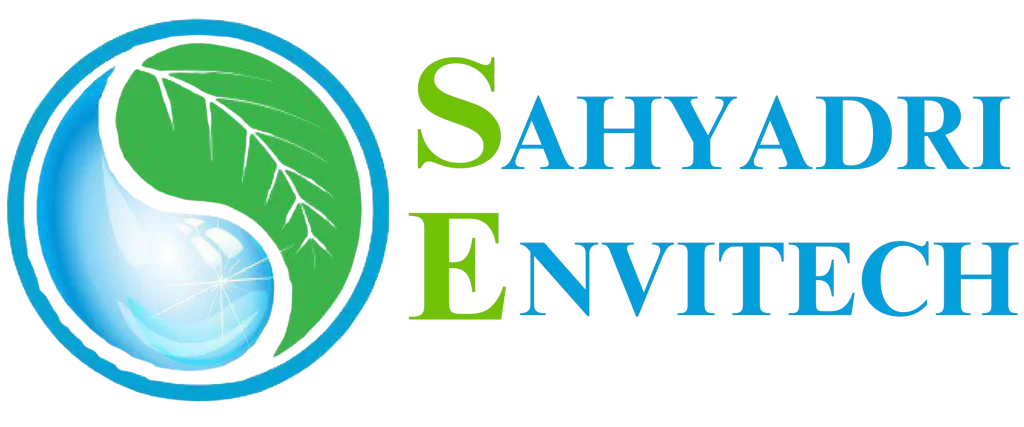MBBR (Moving Bed Biofilm Reactor) Media Systems
We are Manufacturer, Supplier, Exporter of MBBR (Moving Bed Biofilm Reactor) Media Systems from Pune, Maharashtra, India
MBBR Media System
Introduction
Moving Bed Biofilm Reactor (MBBR) systems, originally invented by the Norwegian University of Science and Technology in 1989, consist of an aerated treatment tank (similar to a activated sludge tank) with special plastic media or carriers that provide a surface promoting biofilm growth. The media are made of a material with a density close to the density of water (1 g/cm3). An example is high-density polyethylene (HDPE) which has a density close to 0.95 g/cm3.
An MBBR system is a continuously operating, non-clogging biofilm reactor with low head loss, a high specific biofilm surface area, and no requirement for periodic backwashing.
The media provides increased surface area for the biological microorganisms to attach to and grow in the aeration tanks. The biofilm media is continuously agitated by air bubbles generated by the aeration system integrated into the MBBR.

Silent Features
- Compact units with small size.
- Increased treatment capacity.
- Complete solids removal.
- Improved settling characteristics.
- Operation at higher suspended biomass
- Water Recycle : Recycling of treated is possible with advanced treatment methodology like UF and RO.
- Concentrations resulting in long sludge retention times
- Enhanced process stability.
- Low head loss
Application of MBBR Media
MBBR Biological treatment enable municipalities to keep pace with urban population growth, increasing regulatory requirements, and the need to reduce daily operation and maintenance expenses and overhead. Cost-effective technology which helps municipalities to increase treatment capacity, and improve effluent quality with minimal civil works, while adding little or no treatment volume.
MBBR Biological treatment, based upon highly advanced biological processes, enable municipal clients to deal with a variety of challenges, such as strict nutrient removal standards as well as space limitations, and produce high-quality effluent for discharge or reuse. The solutions may be implemented within an existing wastewater treatment plant, or designed and constructed as greenfield plants in a number of configurations, depending on local conditions and requirements.
- Dairy processing (milk, cheese, yogurt)
- Beverage factories (breweries, juice, soda)
- Automotive Industry
- Metal plating and finishing
- Municipal sewage plants
- Chemical industries
- Pulp & paper
- Food & beverage
- Coke & steel plants
- Aquaculture & Koi ponds
- Container units on small footprint
Technical Specification
| MODEL | BI 16 |
| BIfective Specfic Surface Area Of Media | 350 M2/M3 |
| Color | Black |
| Media Height | 16 MM |
| Media Diameter | 22 MM |
| Type of Media | FLUIDIZED BIO MEDIA |
| MOC of Media | PP UV STABILIZED |
| Structure | Cylindrical With External Fins |
| PSA/TSA Ratio (%) | 75 |
| Specific Gravity | 0.90 – 0.93 gms/cm3 |
| MAX Continuous Operation Temprature | 80 Deg. C |
| Density (GM/CC) | 0.93 |
| Voidage | 98% |
| Media Fill Rate Range, % Fill of V | 25 – 65 |
| Membrane forming time | 7-15 days |
| Operating life | 15 year |
